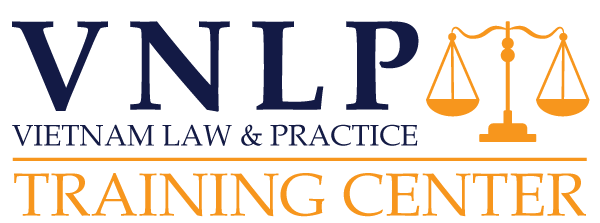Distribution is a process aiming to provide products/services to final customers. This process associates with complex supply network and engages many types of business partners. Under Vietnam’s WTO Commitment, since 1st January 2009, 100 per cent foreign-invested enterprises (“FIEs”) were permitted to provide distribution services to end users in Vietnam. However, distribution rights of FIEs are conditional for certain types of products and services and pharmaceutical products are in the list of products non-eligible for FIEs’ distribution right.
The limitation on distribution shall not apply to multinational pharmaceutical companies (“Pharma MNCs”) who manufacture their products in Vietnam as this content was confirmed at Article 91.10 of Decree 54/2017/ND-CP of the Government guiding several provisions of Law on Pharmacy 2016 (“Decree 54”). Nevertheless, none of Pharma MNCs chooses to set up its own supply network for domestic products when it requires heavy investment while this distribution network cannot be utilized for imported products.
There are two possible models for Pharma MNCs bring their products into Vietnam:
- Sign importation and distribution agreements with local pharma companies (“Direct Sale”); and
- Activate their direct importation right, then use services of local distributors (“Direct Importation”).
Direct Sale
In this model, suppliers normally are offshore manufacturers or regional hub of Pharma MNCs while the role of their FIEs in Vietnam is likely as a service company which supports on marketing strategies, product information, quality control, tender supports, and other supporting services.
Foreign suppliers who want to supply pharmaceutical products into Vietnam must be the organization stated in Article 91.15 of Decree 54. So that, foreign suppliers can be:
- manufacturer;
- products owner or owner of Certificate of Pharmaceutical Products (“Product Owner”);
- organization be named on the registration dossier for marketing authorization (“MA Holder”) of products in Vietnam;
- foreign supplier be licensed by health authority of Vietnam to supply products into Vietnam. But with the issuance of Decree 54, the procedure to grant this kind of license no longer exists and all licenses of foreign supplier were valid until their expiry date or until 01 July 2017 for finished products and 01 January 2018 for pharmaceutical materials;[1]
Further, Decree 54 requires foreign suppliers as MA Holder must have authorization letter from either manufacturer or Products Owner in order to supplying products into Vietnam, otherwise their products cannot pass customs clearance in Vietnam.
For Vietnamese business partners as importers, they must be licensed with Certificate of Eligibility for Pharmaceutical Business (“CEPB”) with importation scope and equipped with warehouses having Certificate of Good Storage Practices (“GSP”).[2]
In practice, this model may raise several concerns in terms of slow responses to the aggressive growth of Pharma MNCs, insufficiency of quality control processes, or inadequacy of number of local importers able to meet compliance tests.
Direct Importation
Recently, some of Pharma MNCs choose to activate their importation right. It means that they become importers. In term of internal operations, they also witch to trading company model. For licenses, similar to local pharma importers, Pharma MNCs should apply for CEPB of importation and set-up GSP Warehouses.
Under Article 3.3 of Decree 09/2018/ND-CP of the Government providing guidelines for Law on Commerce and Law on Foreign Trade Management regarding sale of goods and other activities directly related to sale of goods of foreign investors and foreign-invested business entities in Vietnam (“Decree 09”), FIE importers only can sell their products to licensed distributors. Interpretation of this Article from Pharma Industry perspective is that local distributors must have CEPB for distribution and Certificate of Good Distribution Practices (“GDP”).
This model requires a lot of investment on personnel and GSP facility, but it is suitable for some leading Pharma MNCs who want to maintain their long-term presentation in Vietnam or even more to increase their sales when Vietnam is still a promising market with high spending on imported pharmaceutical products.
Despite the fact that Pharma MNCs cannot change the view of Vietnam Government on the limitation of distribution right of FIEs for pharmaceutical products, direct importation model shall bring more initiative for Pharma MNCs in term of price registration, management of commercial policies, organization of product information activities, or other marketing activities. On the other hand, traditional model using local importers is still a good option when they can connect with reliable and comprehensive local partners.
[1] Article 143.11 of Decree 54.
[2] Article 33.1(b) of Law on Pharma 2016


